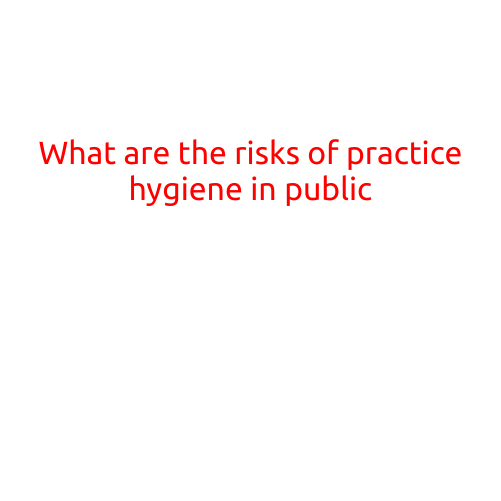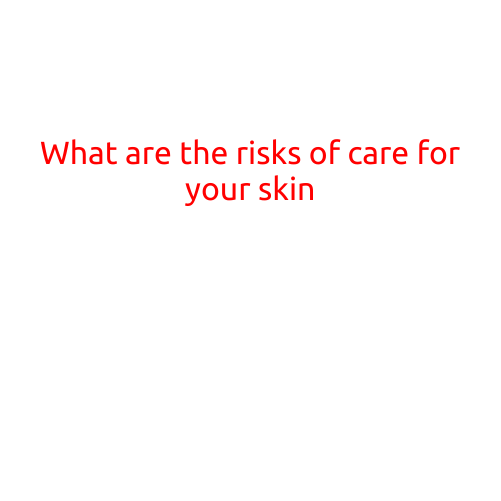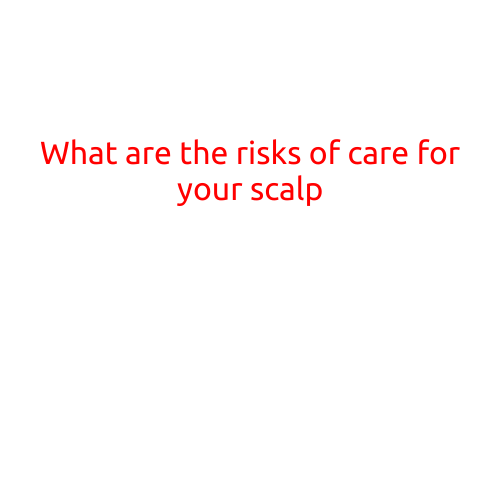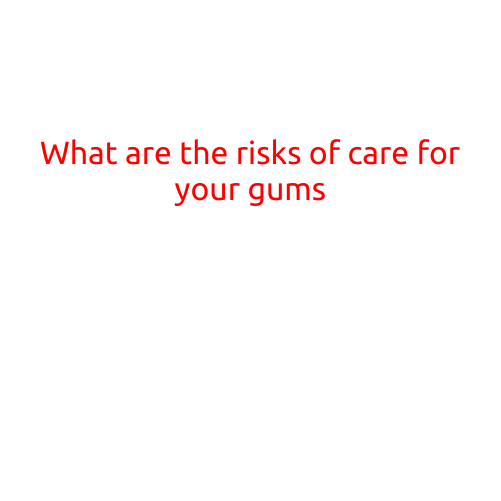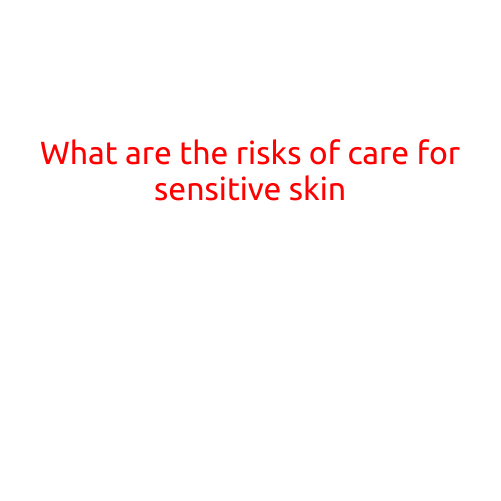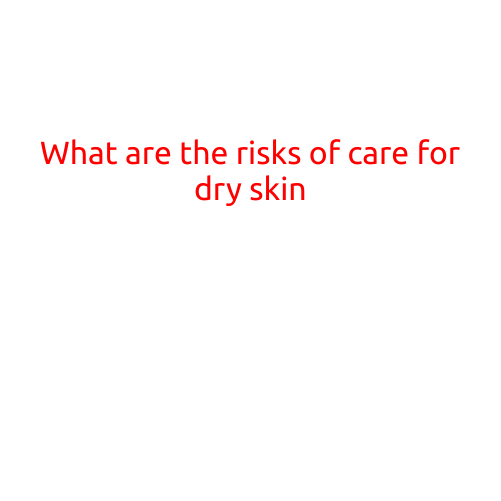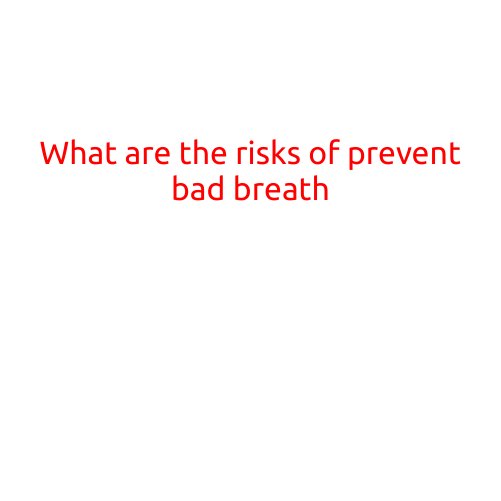
What are the Risks of Bad Breath?
Bad breath, also known as halitosis, is a common condition that affects millions of people around the world. While it may seem like a minor issue, bad breath can have significant consequences for your oral and overall health. In this article, we’ll explore the risks of bad breath and why it’s essential to take steps to prevent it.
Oral Health Risks
Bad breath is often a sign of underlying oral health issues, such as:
- Gingivitis: Infection of the gums, which can lead to gum disease and tooth loss.
- Periodontitis: Infection of the tissues surrounding the teeth, which can lead to loose teeth and even tooth loss.
- Tooth Decay: Bacteria in the mouth feed on sugars and starches, producing acid that can damage teeth and lead to cavities.
- Dry Mouth: A lack of saliva can lead to an overgrowth of bacteria and fungi, causing bad breath and increasing the risk of tooth decay.
Systemic Health Risks
Bad breath is also linked to various systemic health conditions, including:
- Diabetes: People with diabetes are more likely to experience bad breath due to high blood sugar levels.
- Kidney Disease: Kidney failure can cause bad breath due to the buildup of waste products in the blood.
- Lung Disease: Chronic bronchitis, emphysema, and pneumonia can all cause bad breath.
- Digestive Issues: Gastroesophageal reflux disease (GERD), irritable bowel syndrome (IBS), and Crohn’s disease can all contribute to bad breath.
- Hormonal Changes: Hormonal fluctuations during pregnancy, menopause, and puberty can cause changes in oral bacteria, leading to bad breath.
Social and Psychological Risks
Bad breath can also affect your social and psychological well-being, leading to:
- Embarrassment and Shame: The fear of being judged or rejected due to bad breath can cause significant anxiety and self-consciousness.
- Social Isolation: People with bad breath may avoid social situations or withdraw from friends and family due to feelings of embarrassment or disgust.
- Low Self-Esteem: Chronic bad breath can lead to feelings of low self-worth and confidence.
Prevention Strategies
Fortunately, bad breath is often preventable with good oral hygiene practices:
- Brush and Floss Regularly: Remove plaque and bacteria from teeth and gums with regular brushing and flossing.
- Use a Tongue Scraper: Remove bacteria and debris from the tongue with a tongue scraper.
- Chew Sugar-Free Gum: Stimulate saliva production to help wash away bacteria and neutralize acids.
- Visit Your Dentist Regularly: Schedule regular check-ups with your dentist to catch any oral health issues early.
- Monitor Your Diet: Avoid sugary and acidic foods and drinks, which can contribute to tooth decay and bad breath.
In conclusion, bad breath is not just an embarrassing nuisance – it’s a sign of underlying oral and systemic health issues. By adopting good oral hygiene practices and seeking regular dental care, you can prevent bad breath and maintain a healthy, confident smile.
